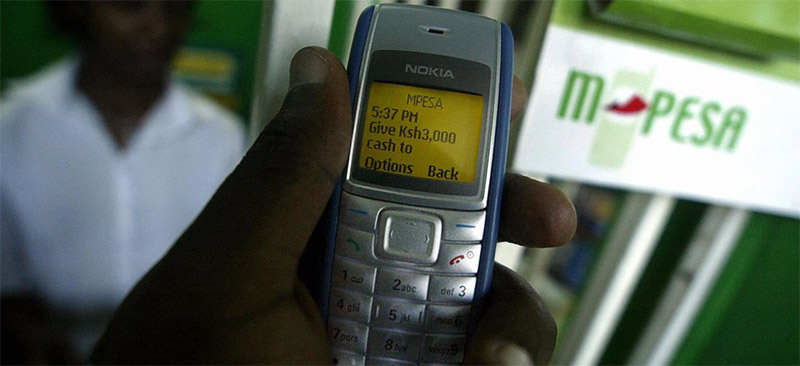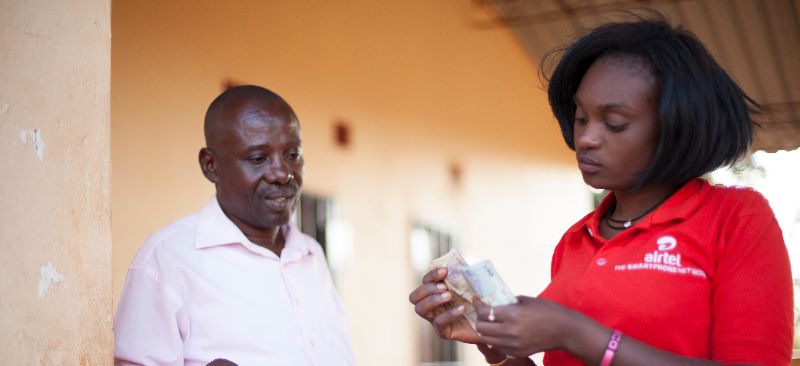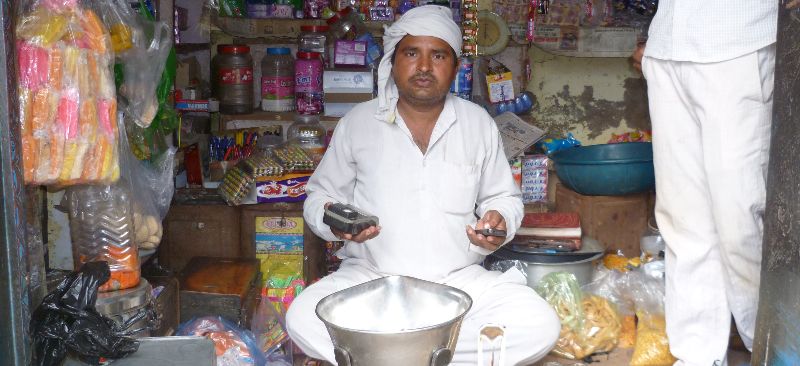This Note is a summary of some of the key questions that usually surface during customer interactions regarding the use of e/m-banking platforms. The key objective of the Note is to serve as a reference for institutions engaged in e/m-banking for their marketing plan design and promotion strategies. These questions, simple but important, can help institutions fine-tune their product, processes and, most importantly, their communication strategy.
Blog
Beyond remittances: How to expand your mobile money product suite
“In this webinar discover the long term business case for a multi-product offering that will enable you to retain and attract customers while dramatically driving transaction volumes. Find out how to maintain revenues through an expanded product suite if, as expected, price points around P2P transfers begin to drop over coming months and years. Receive an important step-by-step guide on how to structure and design a product mix that will take your organisation beyond pure remittances.
Savings for the Poor in the Philippines
The Savings for the Poor Innovation and Knowledge Network (SPINNAKER) was created by a group of professionals with a mission to help financial institutions develop, research, compare, and ultimately improve the design, marketing and delivery of savings products for the poor.
Designing and implementing agent networks
This paper consolidates the views of different stakeholders involved in e/m-banking on the aspects related to ‘Agent Network Management’ – a critical piece of the puzzle that many have ignored, unfortunately, at their peril.
Exploring Dormancy in no frills saving accounts In Uttar Pradesh and Delhi
MicroSave research aims to understand the reasons for widespread dormancy in No Frills Accounts opened through various service providers like public and private sector banks, RRBs and business correspondents.
Cost and willingness to pay in Rajasthan
This multi-region study focuses specifically on the services business correspondents provide in rural areas – and whether or not this particular customer segment thinks the greater convenience and other potential benefits are worth paying for.




